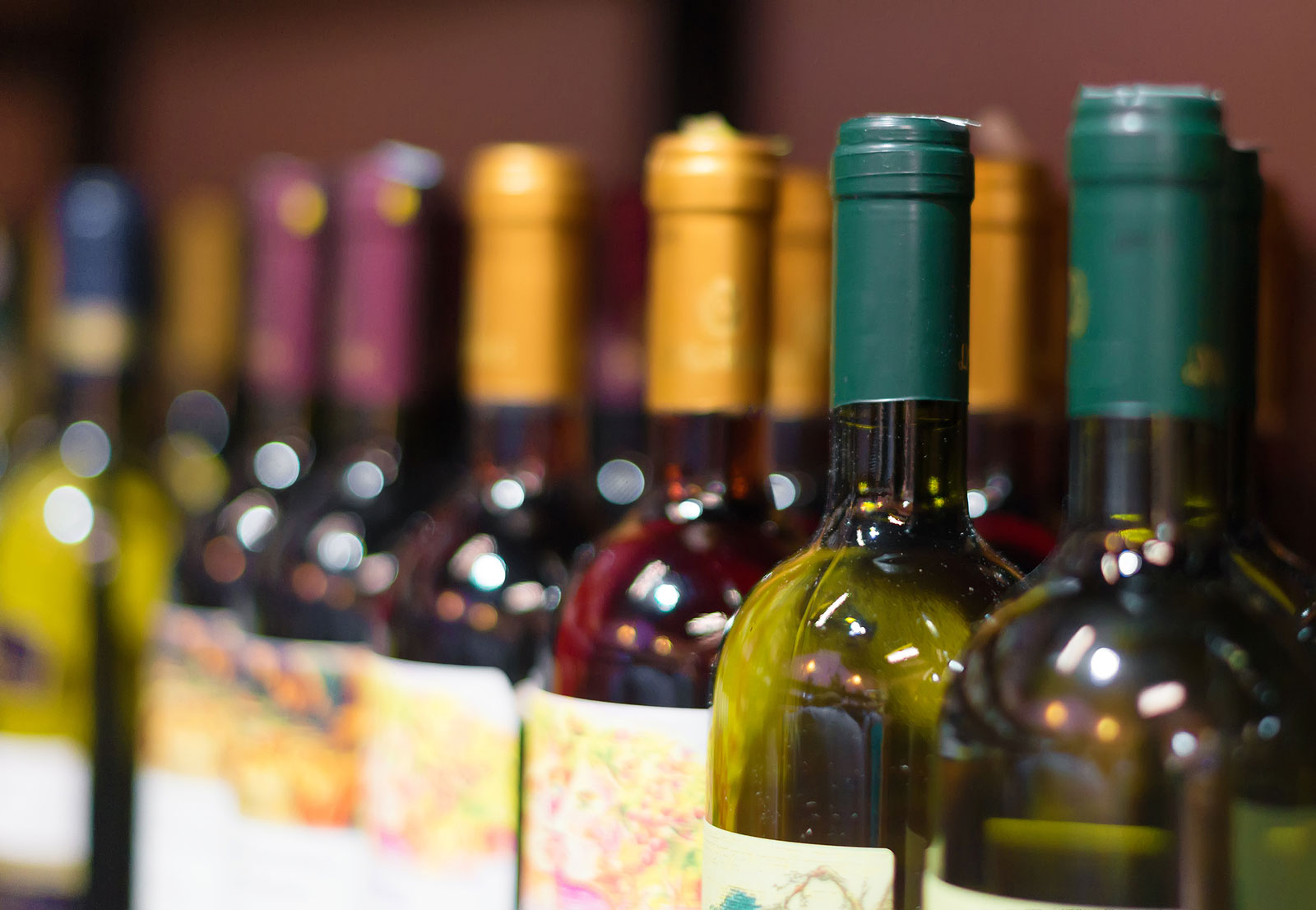Ever since we embarked on the Spirtiz Awards journey three years back to acknowledge the contribution of the Wine is considered a more complex beverage as compared to spirits. The reason is that thousands of grape varietals and a multitude of blends can be related to wine in contrast to spirits where the source material is relatively easier to decode. Therefore, for selecting top wines for awards, a greater level of planning and streamlined execution is required.
alco-beverages industry achievers, it was our aim to progressively expand the awards’ ambit to cover all functional areas of the industry. This year, we expanded the ambit to include wine. To ensure credibility and objectivity in this new award category, we conducted a blind tasting of wines to award India’s best wines.
Our first consideration was to ensure the conduct of a credible blind wine tasting with the help of a qualified, wine-passionate person who could execute the tasting in true alignment with our objectives. While mulling over options, we felt a little silly as the right person was just a phone call away. He is Ravi Joshi aka Colonel Joe, a longstanding friend and a regular writer for Spiritz.
Ravi is well known in the alco-beverages world for his wine passion. Widely recognized as “the man who gave up his secure job to follow his passion,” Ravi has an impressive body of work done in an amazingly short span of time ever since he truly started pursuing his passion for wine.
As was expected, Ravi readily agreed to come on board. Soon we put our heads together to identify the wine award categories.
On this we had also sought opinions of major wine producers of India. Initially, we settled for three categories viz. Sparkling, White and Red, given their dominant presence in the market. However, as an afterthought, we also included Rosé, based on the recommendation received from a couple of wine producers.
Our next task was to shortlist a panel of judges to taste these wines. Departing from the prevailing norm of including only trade experts, we opted for a mix of trade professionals and consumer enthusiasts so as to elicit the opinions of a diverse spectrum of wine connoisseurs.
Having gone through these preliminaries, we handed over the reins to Colonel Joe to evolve a tasting methodology with a customized approach suitable for its unique disposition. Once he showed the green light about his preparations, we fixed November 21 as the day for the blind tasting of selected wines. The day was a good four days before the main event on November 25-26, giving us a reasonable window to compile the results.
On the D day, the tasting panel comprising sommeliers, restaurant owners, diplomats, artists and several others assembled in the mammoth Board Room Lounge provided generously by Hotel Leela Ambience. The Board Room was a perfect fit for the event, considering the fact that the large number of glasses (700 glasses were used to serve 22 panelists) were to be accommodated and ample elbow room was needed for panel members to carry out their task unhindered. Custom- designed table mats by Colonel Joe for each wine category that also served as recording sheets had been printed by us to facilitate the smooth conduct of the tasting.
We put for tasting 28 wines out of the 38 wines received by us. The left out 10 wines were not received in adequate quantity to serve the complete panel. Otherwise, we would have loved to offer these wines as well to our panel. Our endeavour nevertheless was to include all major wine producers of India and some of those whose wines are generating significant interest in the Indian market.
Colonel Joe interfaced with the Leela staff to form a well-oiled team ensuring that all wines were served in the right sequence, at the right temperature and within the given time constraints. Precautions were taken to obliterate any tell-tale signs that could help the panel members guess the name of any wine. All bottles were opened backstage, capsule collars were removed where required, and wines were labelled randomly after the shrouding process. Even we did not know which number corresponded to which wine bottle before the shrouds were officially removed!
The above measures resulted in providing a fair playing ground for all wines, facilitating their judging by the panelists for their intrinsic value rather than any possible bias even at a subconscious level. The methodology was an acid test especially for premium wines which were evaluated as generic candidates without the mystique of their packaging putting them at an advantage. The encouraging sign was that these wines did not fail the test either.
The blind tasting of wines for Spirtiz Awards was just the beginning but the benchmark has been set pretty high. Now we have set our sights on an even bigger wine engagement in the next edition of the Spiritz event.


